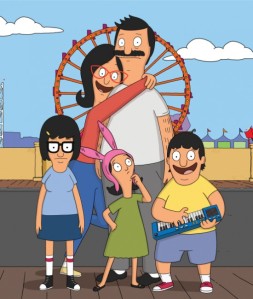 Several weeks ago, I read an interview with Courtney Love. For sure, she’s a little crazy (or finds it useful to appear to be a little crazy), but that’s a red herring. The woman’s work speaks for itself, and she is magnetic – a woman who is not afraid to look bad to subvert expectations, a woman who advertises her anger, a woman who could probably kick your ass.
Several weeks ago, I read an interview with Courtney Love. For sure, she’s a little crazy (or finds it useful to appear to be a little crazy), but that’s a red herring. The woman’s work speaks for itself, and she is magnetic – a woman who is not afraid to look bad to subvert expectations, a woman who advertises her anger, a woman who could probably kick your ass.
I watched the Miss World video embedded in the article and it still feels really fresh to me (contrast it with Beyonce’s (Sia’s) thematically similar Pretty Hurts and tell me which one is more raw – I don’t question that the material resonates with Beyonce, but she is too much the Pygmalion of her own image to go all the way with it).
I’m so grateful that I came of age when Live Through This came out. That was an important album to me, not only that it was more viscerally raw and angry than the Tori Amoses of my rotation and more accessible to me than, say, Bikini Kill, but also that it was good, as good or better, than a lot of the Sub Pop catalog that the culture was holding aloft.
I just can’t think of any Courtney Love corollaries for the current generation. Are they there? The ones I think of are of her generation, e.g. PJ Harvey. Patti Smith was the blueprint, but I was too young for her. Probably there are women who feel that way about Courtney Love.
I’m not using my status as An Old to wax nostalgic. The culture has moved in a different direction, and there are a great many women whose musicianship represents a bigger project than breakup songs and Auto-tune (see: Swift, Taylor). While I find her music jarring at times, St. Vincent is really interesting. I’m more into Digital Witness than I have been her previous three, and I thought her SNL performance was the best kind of weird and electric. Seth suggested that although different stylistically, perhaps Lady GaGa had the potential to be a force similar to Courtney Love. She has unfortunately disappeared so far up her own ass that it’s possible to tell if there’s anything real there. It’s all artifice.
There may be some degree of artifice to Courtney Love’s hijinks, but they always looks pretty fucking real.








